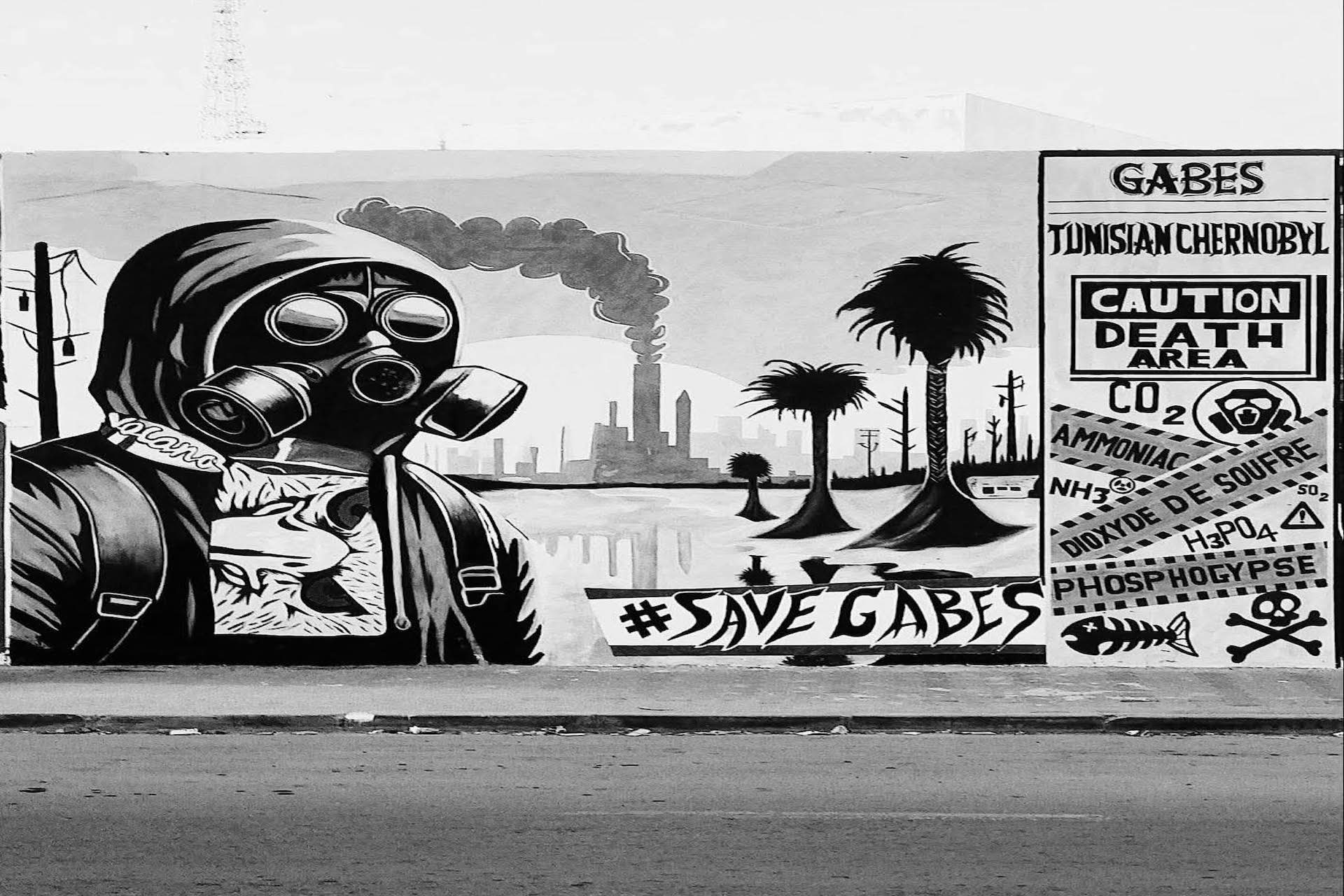Introduction
TikTok has become one of the most popular platforms in Tunisia, attracting thousands of users daily, from young teenagers to professional content creators. With its rapid growth, however, TikTok has also become a target for fraud, scams, and deceptive practices. Streamers, donors, and even casual viewers can face risks ranging from fake donations and unauthorized financial schemes to identity theft and child exploitation.
This article provides a complete guide to understanding fraud and scams on TikTok in Tunisia. It explains how these schemes work, what Tunisian laws say about them, and how you can protect yourself and your community. Whether you are a streamer, a donor, or simply a user, this document gives you the tools to stay safe online.
1. Understanding TikTok Scams in Tunisia
Fraud on TikTok is not limited to one form. Scammers use multiple methods to exploit users financially or socially. Common types include:
1.1 Fake Donations and Virtual Gifts
Many Tunisian streamers rely on virtual gifts and donations as their primary income source. Fraud occurs when:
- Donors use stolen credit cards to buy gifts.
- Agencies or middlemen manipulate donation systems and take a large commission.
- Streamers inflate their income using fake accounts to mislead followers.
1.2 Investment and Money-Making Scams
Some scammers promise quick earnings through "TikTok agencies" or "donation schemes." They often recruit young users with false promises of guaranteed income, then take their personal data or money.
1.3 Phishing and Identity Theft
Fraudsters create fake TikTok login pages or send phishing links to steal account credentials. Once accounts are hacked, scammers can demand ransom, sell the account, or use it to promote more scams.
1.4 Exploitation of Minors
Children are particularly vulnerable. Some scammers encourage minors to share inappropriate content or solicit gifts from strangers. This type of fraud not only harms children but also violates Tunisian child protection laws.
2. The Impact of TikTok Fraud in Tunisia
Fraud on TikTok has broader consequences than just financial loss:
- Economic Damage: Fake donations and unregulated transactions can amount to thousands of euros being laundered outside the country.
- Tax Evasion: Many Tunisian streamers earn large sums without declaring income, creating legal risks and impacting the state economy.
- Reputation Risk: Tunisia’s online community can gain a negative reputation internationally if scams continue to spread unchecked.
- Psychological Harm: Victims of scams — especially minors — may experience stress, fear, or loss of trust in online communities.
3. Tunisian Law on Fraud and Online Scams
The Tunisian legal system provides several protections against fraud and scams on platforms like TikTok:
3.1 Penal Code Provisions
- Article 291 of the Tunisian Penal Code: Punishes fraud (escroquerie) with imprisonment and fines. This includes any action where a person deceives another for financial gain.
- Article 291 bis: Addresses cyber fraud specifically, including identity theft and online deception.
3.2 Financial Regulations
- Any income generated online, including TikTok donations, is legally subject to taxation. Failing to declare such income constitutes tax evasion, punishable under Tunisian law.
3.3 Child Protection Laws
- Law No. 92-95 and subsequent amendments protect minors from exploitation. Encouraging children to solicit donations or share harmful content online is strictly prohibited and can result in criminal charges.
3.4 International Cooperation
Because TikTok is a global platform, Tunisian authorities may cooperate with European or international regulators to investigate money laundering, fraud, or cross-border scams linked to donations.
4. How to Detect TikTok Scams
Being aware of fraud indicators can help prevent falling victim. Look out for:
- Unrealistic promises: “Earn 1,000 dinars in one week” is a classic scam tactic.
- Requests for personal data: No legitimate agency will ask for your ID, password, or bank details outside official channels.
- High-pressure tactics: Scammers often urge victims to act fast to avoid “missing out.”
- Suspicious links: Always verify URLs before logging in or sharing information.
5. Protecting Yourself and Your Community
TikTok users in Tunisia can take proactive steps to avoid fraud:
5.1 For Streamers
- Declare income: Regularize your earnings with Tunisian tax authorities to avoid future penalties.
- Use official TikTok tools: Only withdraw gifts and donations via official channels.
- Secure accounts: Enable two-factor authentication (2FA) and avoid sharing login details.
5.2 For Donors
- Verify streamers: Support only verified accounts with clear reputations.
- Avoid third-party sellers: Never purchase TikTok coins or gifts outside official stores.
- Report suspicious activity: Use TikTok’s reporting features to flag fraud.
5.3 For Parents
- Monitor children’s use: Set up family pairing tools to control what minors can access.
- Educate about scams: Teach children not to share personal information or respond to strangers.
- Seek legal support: If your child is targeted, report immediately to Tunisian cybercrime units.
6. Reporting Fraud in Tunisia
Victims of TikTok scams can take several steps:
- Report to TikTok: Use in-app reporting features.
- File a complaint: Contact the National Cybercrime Unit under the Ministry of Interior.
- Seek legal advice: A lawyer specializing in cyber law can assist in recovering damages.
- Notify banks: If financial fraud occurs, alert your financial institution immediately.
7. Building a Safer TikTok Community in Tunisia
Protecting against fraud requires collective action:
- Awareness campaigns: NGOs, educators, and influencers can spread knowledge about scams.
- Transparency: Streamers should disclose donation practices and avoid misleading followers.
- Collaboration with authorities: Communities should not hesitate to report suspicious behavior.
- Digital literacy: Promoting safe online practices can reduce the number of victims long-term.
Conclusion
TikTok has transformed how Tunisians interact, entertain, and earn money. Yet with opportunity comes risk. Fraud and scams are increasingly common on the platform, ranging from fake donations and money laundering to child exploitation. By understanding these threats, applying Tunisian laws, and practicing digital safety, users can protect themselves and their community.
Creating a safer online environment is not only the responsibility of individual users but also of streamers, agencies, parents, and regulators. Awareness, education, and reporting remain the most effective tools to combat fraud on TikTok in Tunisia.













